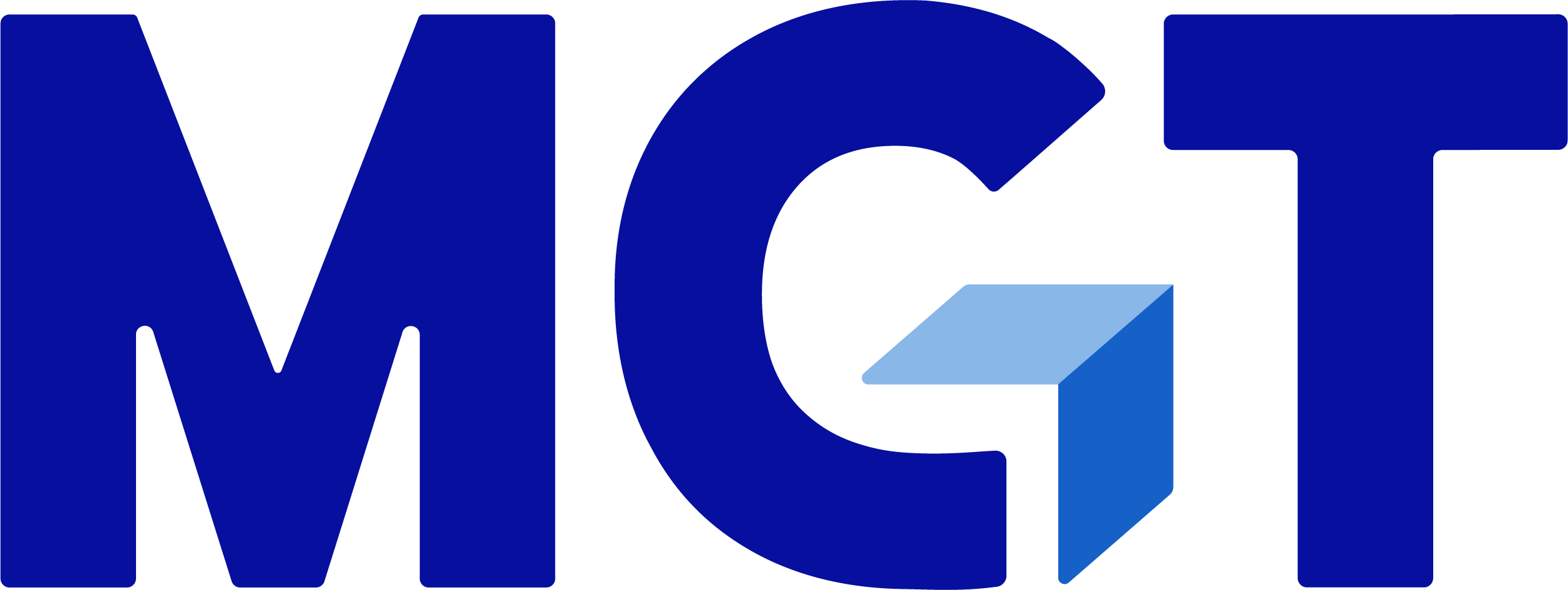 In the last round of the American Rescue Plan, Congress appropriated $122 billion for K-12 and all but left it up to states and school districts to decide how to spend it.
In the last round of the American Rescue Plan, Congress appropriated $122 billion for K-12 and all but left it up to states and school districts to decide how to spend it.
Three national education nonprofits have teamed up to identify promising and innovative practices that “have the potential to help schools recover stronger and all students benefit.” The site Ed Recovery Hub, is a collaboration of the Collaborative for Student Success; Edunomics Lab, a research center at Georgetown University; and the Center for Reinventing Public Education, now affiliated with the Mary Lou Fulton Teachers College at Arizona State University.
The site is organized around seven topics: accelerated learning; facility and technology; using data to drive decisions; promoting family engagement; supporting students, family and staff; new school delivery options, and strengthening the educator workforce.
Examples include Baltimore City Schools’ plan for increased small-group instruction and individualized education plans for all students, as well as Arizona’s Virtual Teacher Institute, providing free, on-demand professional learning for teachers statewide.
Initial ideas were gleaned from plans for Covid funding from states and districts. Ideas were taken from 19 states so far; none are from California. The site does welcome submissions.
A team of experts, who include John White, former Louisiana superintendent of education, and Leslie Villegas, senior policy analyst at New America, reviews each submission.
At a time of Covid fatigue, frustration and political hostilities, organizers hope that the project will inject some optimism by showing what is working with the new funding. “While there are challenges, there are also bright spots where schools are innovating,” leaders of the three organizations wrote in a commentary announcing the site.


